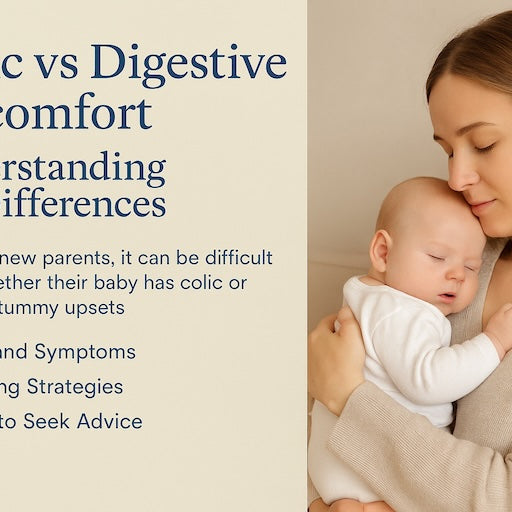
Burnout in NZ Mums: Signs, Symptoms & Where to Get Support
Feeling overwhelmed as a Kiwi mum? Burnout doesn’t always look dramatic! It can show up as exhaustion, anxiety, low motivation or emotional overwhelm. Here’s what to look out for and where to find support across Aotearoa.








